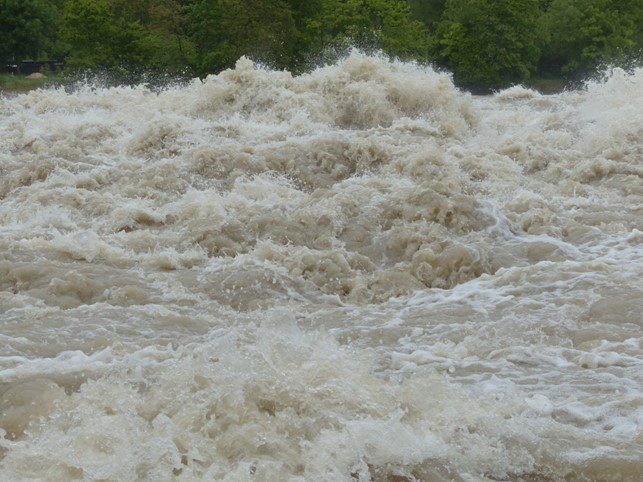
North Korea: devastating floods, Kim Jong Un refuses international aid
The Kim Jong Un regime has decided to deal with the emergency independently
The heavy rains that hit North Korea in late July caused devastating floods and severe damage to infrastructure, leaving thousands homeless. Despite the gravity of the situation, the regime of Kim Jong Un decided to deal with the emergency independently, refusing international aid offered by several countries.
A silent disaster
The north-western regions of Uiju and Sinuiju were hit hardest by the floods, with major damage to infrastructure, housing and arable land. According to the North Korean state media, more than 15,000 people were displaced and about 4,000 houses were destroyed. To cope with the emergency, the regime has decided to temporarily transfer the homeless to the capital, Pyongyang.
Kim Jong Un at the helm of relief
The North Korean dictator personally visited the affected areas, posing as the coordinator of the relief operations. Although official images show Kim Jong Un supervising the operations, South Korean media say the situation is much more serious than the regime admits and that the death toll could be over a thousand people.
A refusal motivated by propaganda
The North Korean regime justified its refusal to accept international aid by calling the reports of flood damage a “defamatory campaign” orchestrated by South Korea. This decision, as well as reasons of national pride, could be linked to the desire to maintain control over information and avoid any external interference in internal affairs.
The challenges of the future
The reconstruction of the affected areas will take months, if not years, and will put a severe strain on a country already struggling with a serious economic crisis. The decision to refuse international aid could further aggravate the humanitarian situation and isolate North Korea on the international scene.


